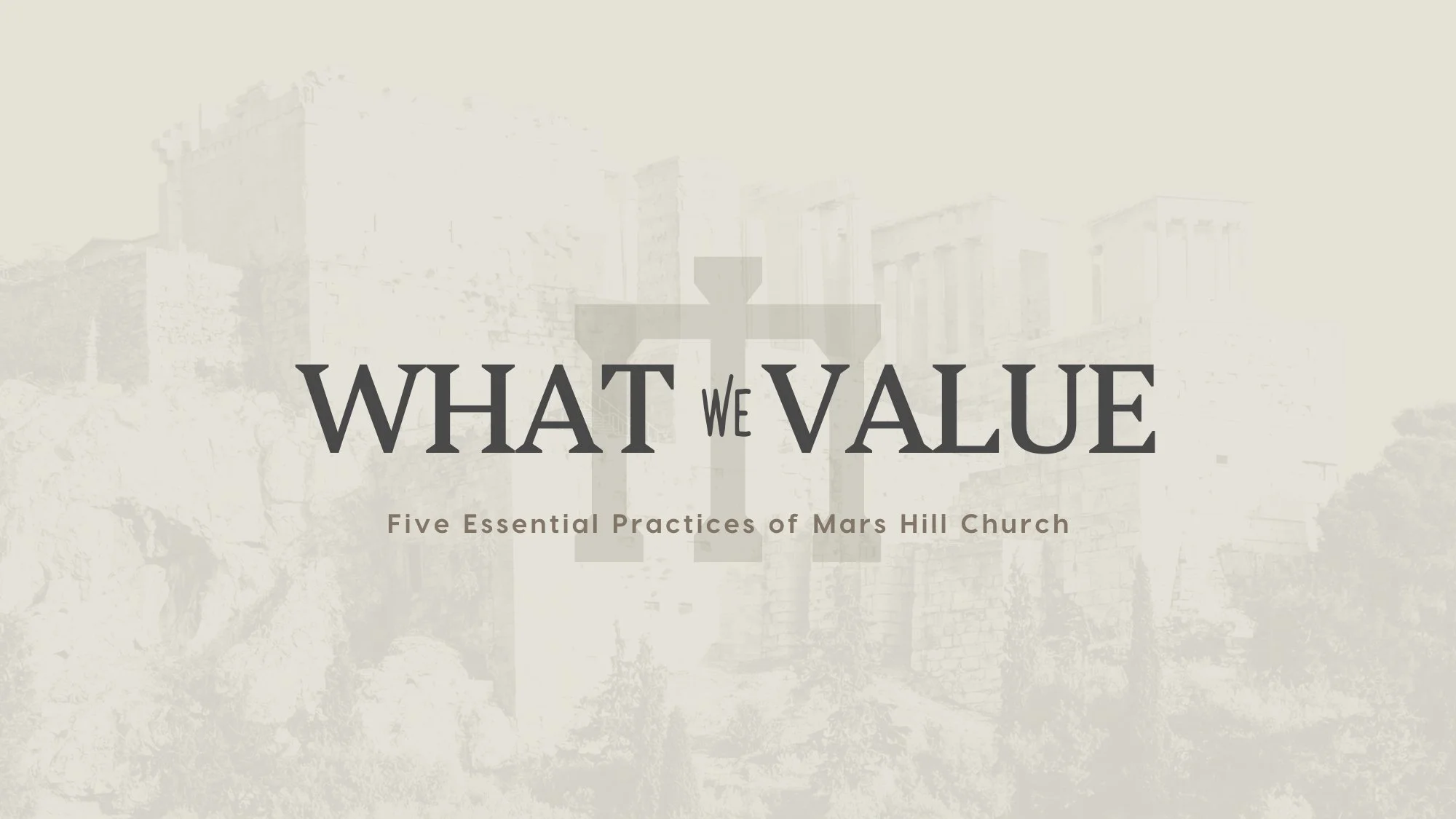Biblical Teaching
DISCUSSION QUESTIONS
What caught your attention this week in our study? What did you find encouraging or challenging?
Paul says the Scriptures are profitable (2 Tim 3:16). Isaiah says God’s word does not return empty, but produces what God intends (Is 55:10-11). Though we may not feel that listening, reading, studying, or applying God’s word is doing something, what do these promises teach us, and why is that so important for us to keep in mind as we read and study God’s word?
Paul says Scripture is sacred writing…breathed out by God (2 Tim 3:15 and 16). Peter says no Scripture originated with man, but comes from God (2 Peter 1:20-21). How does knowing that the Bible is God’s very word overflowing from his heart affect how you read the Bible?
What is the purpose of the Bible according to 2 Timothy 3:15? Has that purpose been accomplished in your life? What additional purpose/ profit/ reward/ return does the Bible offer according to 2 Timothy 3:16-17? What do those terms in verses 16-17 mean, and why are they each good news?
Why do you find it difficult to read and study the Bible? What does Peter call Paul’s letters and say about Scripture in 2 Peter 3:16? How does that encourage you?
How do we grow, mature, and take on the image of Christ based on what Jesus prayed in John 17:17? What does this teach us about regularly feasting on God’s word and the real power for growth and change?
What are some areas of your life that might need to change to prioritize the intake of God’s word, and how can we help one another?
What three things does Ezra commit to in Ezra 7:10, and what was required to begin? When and where do you practice these three commitments? Which area might you need to grow?
What does Jesus quote in responding to each of Satan’s temptations in Matthew 4:3-11? Why is this important and helpful for us to see? What does Jesus’ response to temptation say about His own discipline of Bible intake and application?
What did Jesus repeatedly ask the Pharisees in Matthew 12:3, 5; 19:4; 21:42; 22:31, and why do you think he asked them this? What dangers exist when we know a lot about God, but we aren't shaped by his word?
When Jesus encountered the two disciples on the road to Emmaus, what was their attitude (cf Lk 24:17b), and what did they say (cf Lk 24:18-24)? What does he do to correct and encourage these disheartened and discouraged disciples (cf Lk 24:25-27)? What do we learn about the Scriptures in verse 27, and how does that affect our reading and study of God’s word?
What problem does the writer of Hebrews see in Hebrews 5:11-14? What should mature followers of Christ be able to do according to these verses? How do we train our powers of discernment and grow in our ability to distinguish between good and evil (cf. Heb 5:14)?
What will you take away and apply this week from our study?


